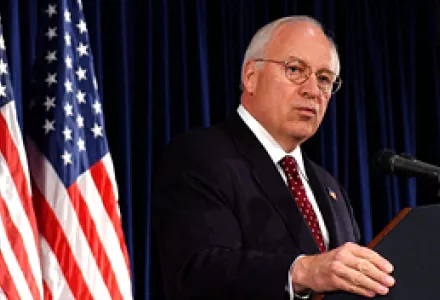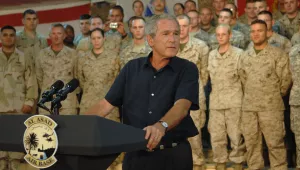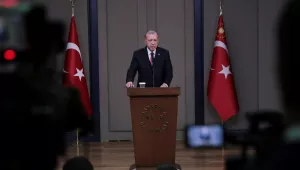Anatomy of Self Deception: Belief, Judgment, and the Iraq War Decision
President George W. Bush and his top advisers shared the unquestioned belief that Iraq possessed weapons of mass destruction (WMD), both stocks from the past and active programs to expand. These beliefs, coupled with the threat of terrorism made vivid in 9/11, provided the public justification for the Iraq war, and more importantly are at the center of the decision process. The beliefs were, of course, wholly mistaken. How they came to be the central ingredient of the war decision reveals deep flaws in the reasoning of individual analysts and policymakers and in the institutional processes of government.
Please join us! Coffee and tea provided. Everyone is welcome, but admittance will be on a first come–first served basis.




